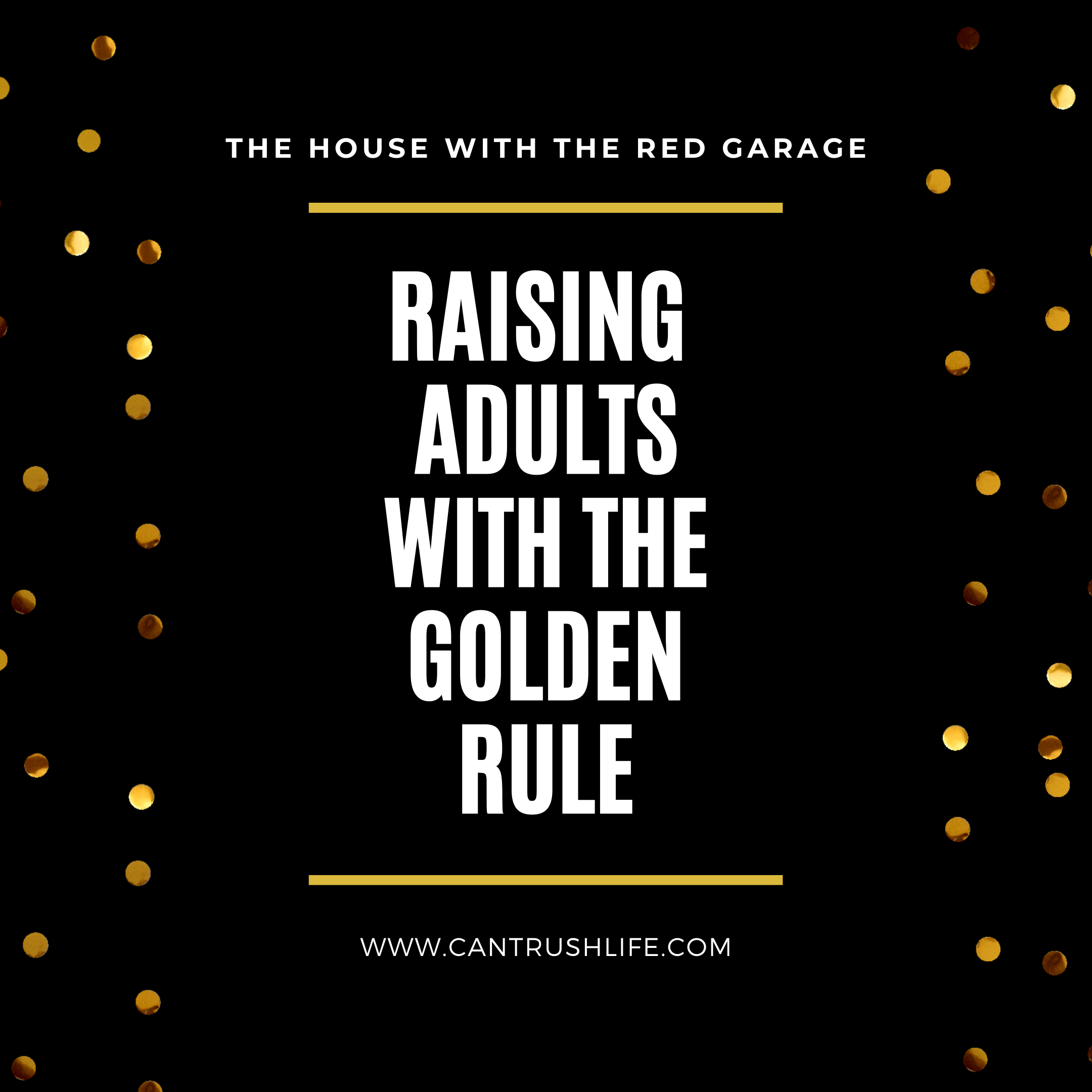This year brought a lot of changes. In an earlier post, I mentioned I typically don’t talk politics outside of my own home. This past year, although an election year, that wasn’t too difficult since it’s not like I ventured a lot of other places.
But I came across a sentiment about a week ago that really made me think. I don’t remember it word for word (probably because I couldn’t screenshot it since I have zero phone storage). But the gist was that we need to teach our kids how to have more difficult conversations, instead of just avoiding them altogether. This one hit me hard.
This past year brought forth a lot of challenges with respect to differing opinions. The entire world was thrust into a pandemic. A difficult year at best, and toss in an election and a civil rights movement, opposition could be found at any turn – no matter your position. Individuals, corporations, elected officials, school board members – all were faced with unprecedented decisions. The keyword here being unprecedented: I’d venture to guess, more times than not, no one knew what the f**k to do.
You may have heard me joke that aside from a juvenile stint as class president, I don’t have any desire to hold offices. It’s just too much pressure. Honestly, I’m barely keeping my head above water making decisions for myself and my family. But as members of society, at times we must succumb to the decisions of others, whether we agree with them or not.
In the past month, I’ve witnessed individuals berated on the internet. One for voting a certain way, one by a stranger for a simple comment on a public news post. There’s been outrage aimed at school boards over in-person learning (or lack there-of).
Here’s the thing. I can’t even make 4 children happy all at once most days. What game to play, where to have lunch - do they ever all agree? You’re never going to make everyone happy. We all have different opinions and preferences so really, what can we expect? If I can’t keep all my kids happy, how do we expect a board to satisfy upwards of 4000? Whether I personally agree with all the decisions that have been made at school or state levels, I trust that as a rule, the decision makers are doing the best they can. Many times, they’re just like you and me – business owners, parents, educators – they are not merely spectators in this crazy world. I’ve experienced my fair share of anxiety and stress and my decisions impact far fewer. Simply put - they can’t satisfy everyone.
Are you entitled to your own opinion? Absolutely. Can you voice it passionately online? Sure. But let’s draw the line at unnecessary name calling and making assumptions based on singular facts. Let’s remember to respect one another.
You can be passionate about issues – even argue with others to prove a point. My mom insists dishwashers are useless and that I do my laundry wrong. I vehemently disagree. But day after day, we continue to talk to one another because we can respect each other’s opinions. The very basis of an opinion is that it is neither right nor wrong – and I think all too often, we forget that. Respect isn’t born from a place of common ideas. It’s human behavior. It’s decency. It’s treating others the way you want to be treated.
This is The Golden Rule and it’s one of our personal House Rules. Loving our kids, teaching them about life, instilling values – these are the core aspects of parenting. We are raising adults. And part of raising adults, I’ve come to realize, is teaching them how to have more difficult conversations. We’ve tried to teach them that just because someone else thinks differently than we may, doesn’t mean they’re wrong and we’re right. It’s okay to have different opinions.
But we need to take it a step further and teach them how to have respectful conversations with those you may disagree with. Explain why you believe what you do, and ask questions. That’s how we learn. That’s how we grow. By putting yourself in someone else’s shoes, and while we may still not always agree, we can perhaps understand where they’re coming from.
By avoiding conversations that may prove difficult, you risk losing the ability to have a respectful conversation. You become close-minded and believe your opinion is the only one that matters, or that has worth. And that’s simply not true.
As I’ve mentioned, in the past, I’ve decided to refrain from provoking conversations because I typically prefer to avoid confrontation. And really, few things are worth arguing about. But what was lost along the way: differing opinions shouldn’t lead to confrontation – at least not by rule.
So as we continue to navigate unchartered waters, I think it’s an important reminder for us all – if we can work from a place of mutual respect, maybe we can have healthier conversations and a greater sense of understanding and compassion for those around us. Our kids are always watching, and values are more easily caught than taught.

